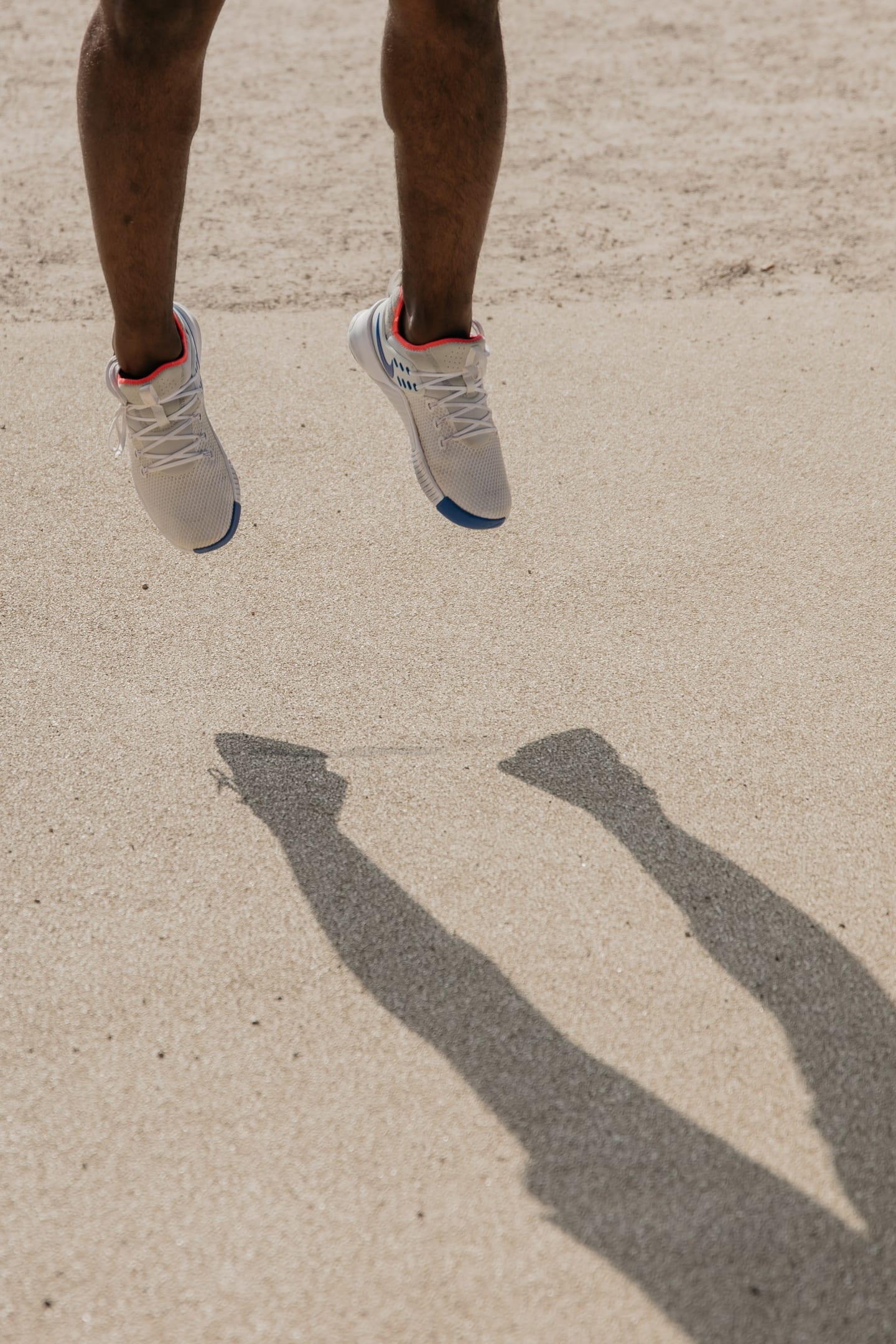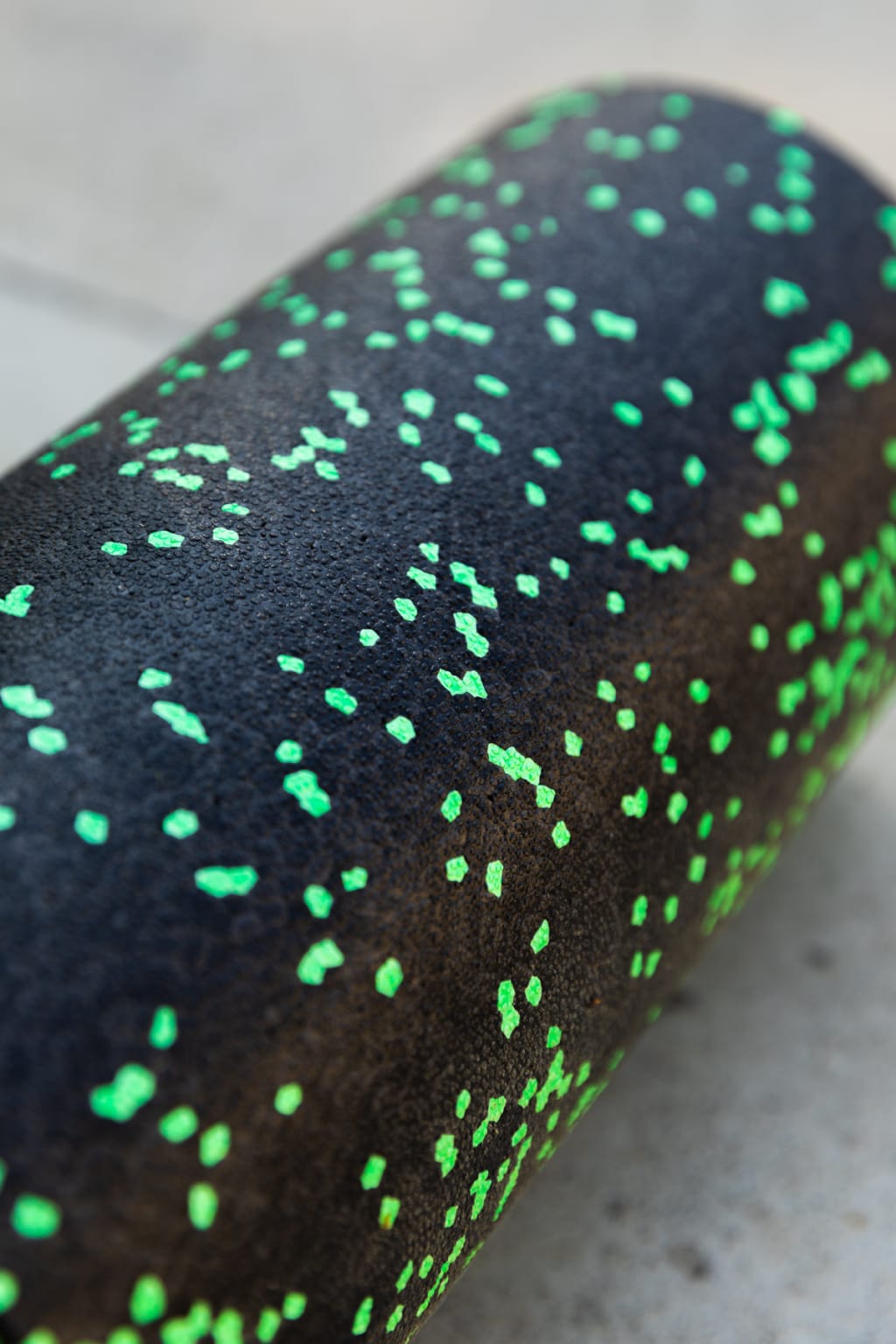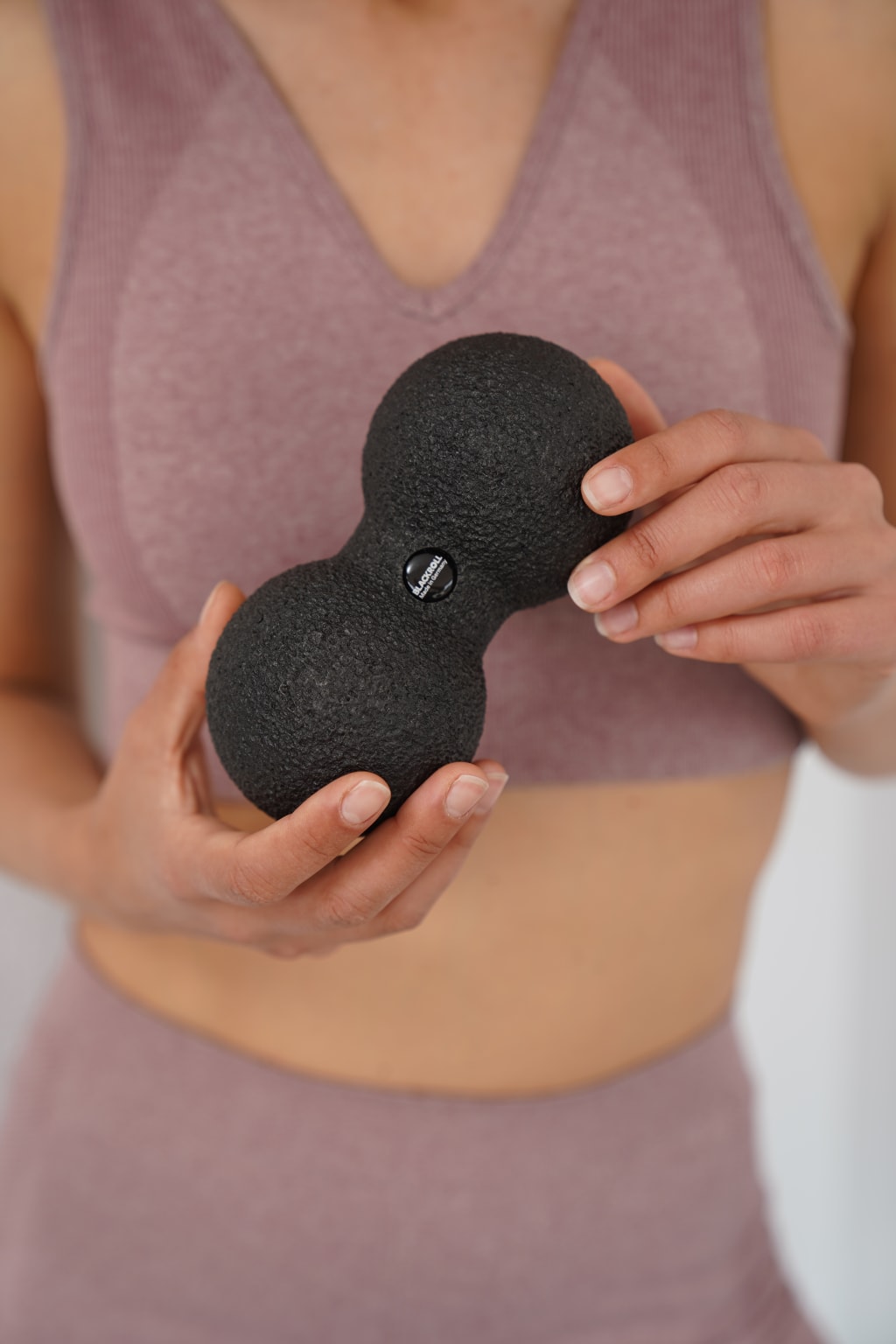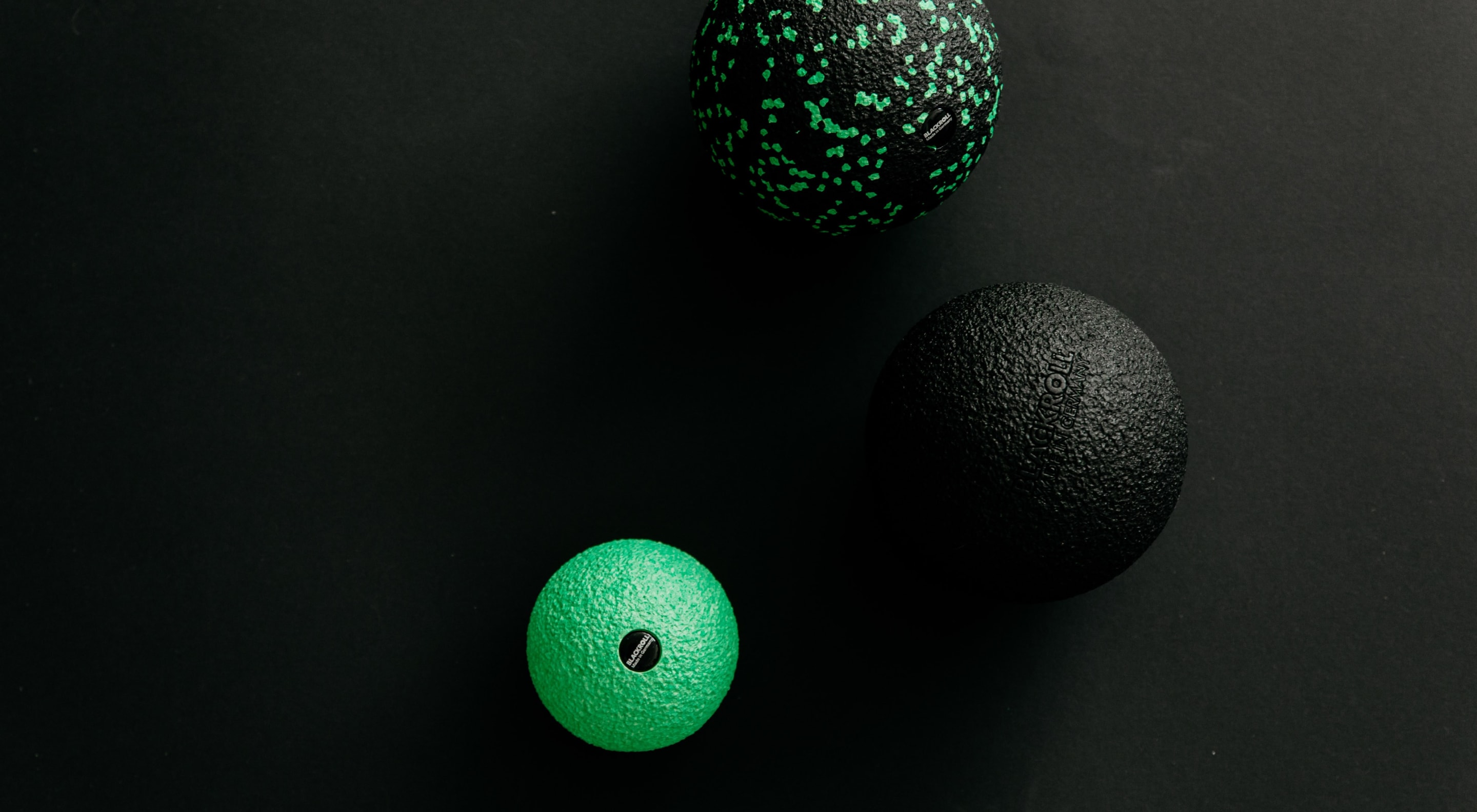
Sustainable management:
We are certified as an ECOnGOOD company
How does business work for the benefit of society as a whole? What contribution can we at BLACKROLL make to sustainable economic thinking? And where do we currently stand as a company? We asked ourselves these questions and decided to work together with the Economy for the Common Good (ECOnGOOD) and draw up a common good balance sheet. We are now an ECOnGOOD-certified company. Say what? That's how we felt at the beginning of our collaboration with ECOnGOOD, so let's start from the beginning:
The Economy for the Common Good is an innovative, sustainable economic model with the aim of creating an ethical economic culture. As an alternative to the current understanding of the economy, it is based on the values of human dignity, ecological responsibility, solidarity, social justice, democratic co-determination and transparency. Currently, the success of a company is mainly measured linearly. A company is successful if it maximizes sales and increases profits. It's all about the money! Pretty short-sighted. We want to change this for ourselves as a company. We want to operate and grow in a healthy and sustainable way. ECOnGOOD offers us a valuable tool to see where we currently stand. The common good balance sheet therefore provides us with a basis for future decisions and allows us to derive well-founded improvement measures - on the way to becoming a common good-oriented company.
The Common Good Matrix 5.0
The Common Good Matrix is the measuring instrument for reviewing and evaluating corporate activities according to 4 values and the various stakeholder groups (A-E). The matrix initiates a development process in the company for more sustainability and commitment to the common good.
Matrix 5.0 is the basis for creating the ECOnGOOD report, a comprehensive documentation of an organization's orientation towards the common good.
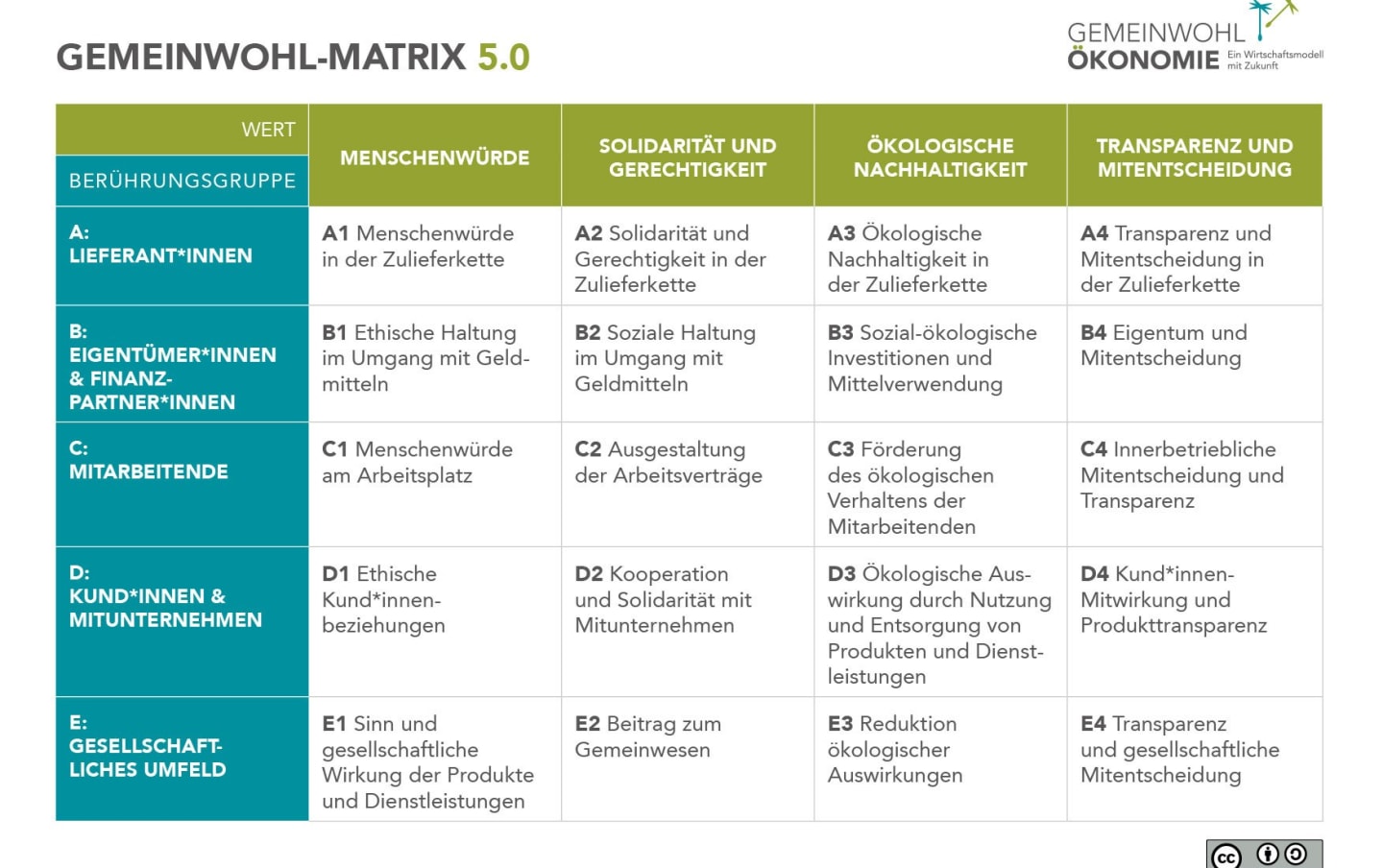
Human dignity
We are strong on the first value in the common good matrix, human dignity, and perform well on the balance sheet. Internally, we promote personal responsibility to create a committed team that is motivated to innovate and achieve great things. We live new work and a respectful and open corporate culture. If you would like to find out more, take a look at the principles of our culture. We maintain a friendly, often long-standing working relationship with our main suppliers. We build on trust and are happy to visit our suppliers in person whenever possible. However, an official review or evaluation of external partners in the supply chain has not yet taken place. With regard to our customers (B2B & B2C), customer benefit is firmly anchored in our corporate purpose and forms the basis of our raison d'être. What does that mean in concrete terms? It means that customer benefit is our top priority and that we therefore only offer products and services that meet our customers' need for greater well-being in everyday life and help them to lead a pain-free, healthy and productive life. When dealing with our B2C and B2B customers (e.g. retail, science & medicine), we maintain a relationship at eye level based on transparency and honesty.
Together we are great
The purpose & social impact of our products (E1 in the matrix) is fulfilled: We make a contribution to well-being with our range, we meet the basic need for health and promote people's health and personal development with our products. The manufacture of multifunctional and durable products has been our standard from the very beginning. Our goal has always been to manufacture products that increase human well-being and health awareness.
“We do not manufacture luxury products that “only” serve our own status. Our products are specifically designed to meet the quality requirements of professionals, but are still affordable for hobby customers.”
Marius Keckeisen, Founder of BLACKROLL® AG
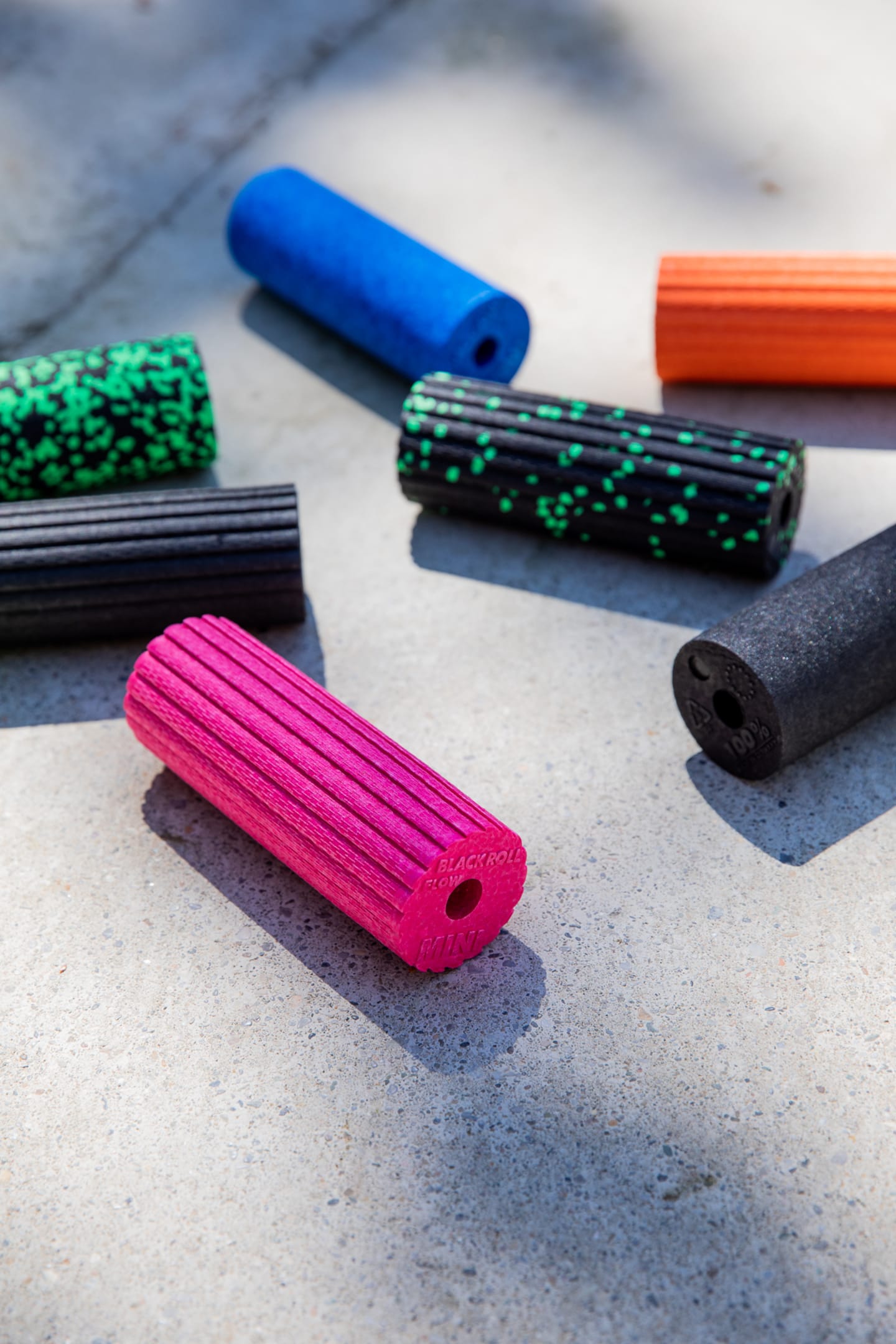
What do we conclude from this?
We are satisfied with the results in the area of “human dignity”. However, we also want to improve further in this area by drawing up a Code of Conduct, among other things. The main aim of the document is to set out in writing which values are important to us in the supply chain. With the Code of Conduct, we want to actively promote humane conduct in the supply chain. This is currently based on trust, verbal agreements and personal visits to production facilities.
Solidarity & justice
We rise by lifting others!
With our partners in the supply chain, we focus on exchange and partnership. A win-win situation for both and fair pricing are essential for us. We are the first company to carry out a common good balance sheet together with partners (2 of our suppliers).
Internally, we promote self-organized working hours, flexible working time models and a conscious approach to overtime for all employees. We are open to remote working options and want to continue to enable employees to work from any location. Our collaborations with B2B partners are co-creative, strategic and meaningful in nature. Solidarity with fellow companies that pursue similar goals is very important to us and is practiced. In future, we want to focus more on collaborations with other companies that aim to raise ecological or social industry standards (e.g. our collaboration with Leaders for Climate Action).
As a company, we are socially committed through donations in kind and in cash to various institutions and organizations (e.g. Earth Child Project, Women's and Children's Shelter, Pestalozzi, Lesvos Solidarity and others). We have often only made these donations on a one-off basis - this is assessed negatively in the common good balance sheet. However, as a company, we do not currently see any need for action here. It is primarily important to us to be involved in socially effective projects and, where possible, to provide help quickly.
(e.g. flood victim aid for the roof tent nomads or product donations to refugee camps run by Lesvos Solidarity).
Ecological sustainability
The focus in “ecological sustainability” is on our products. In addition to our eight sustainability criteria, it is important for us not to sell just the product. We offer our customers many free exercises, knowledge articles and tips to achieve the greatest possible benefit. Our products are timeless, of high quality and non-seasonal - a positive point on the balance sheet. However, we are also still in a linear product economy and have not established a complete circular economy. It is therefore important to us to facilitate a meaningful process for returns so that we do not have to destroy any intact goods: Classic back-to-sender returns (= that could not be delivered, i.e. were not in the hands of the customer) are directly booked back in for resale. Other products that have already been used by customers are refurbished as B-goods for resale via our online store (second chance collection) or are used as event merchandise. Fortunately, however, we have a low returns rate.
A major measure to reduce our ecological impact is our climate action strategy, which we are developing together with experts from ClimatePartner, blue life und CO2-positiv!. Currently, the CO2 emissions of our company locations (HQ Switzerland & location Australia) are neutralized and all of our products made of the material EPP as well as our resistance bands are ClimatePartner-certified.
We also pay attention to ecological sustainability in our office: we recycle, buy fair-trade coffee and offer vegan and vegetarian meals at all company events.By taking part in the «bike to work»-challenge, we want to motivate our employees to leave their cars at home and cycle or use public transport to get to work.
Transparency & co-determination
Transparency is key!
Transparency starts internally. At BLACKROLL® we are structured in circles and roles. For us, without transparency, there is no empowerment. That's why everyone at BLACKROLL® is the CEO of their role, which means that we can adapt, expand and reduce responsibilities, add new ones and relinquish existing ones according to fixed rules. We encourage constructive feedback in order to learn and grow from each other. We have found that it is often not so easy to consciously take time for this in the hustle and bustle of everyday life. We are therefore always on the lookout for good processes and solutions to enable an active exchange and a healthy feedback culture.It's not just our employees who should have a say. We also consciously incorporate feedback from our community, our network of experts and our B2B partners, especially when it comes to the (further) development of products. We want to be as transparent as possible with our products. In our own online store, we indicate the country of production and the material composition. We see an overview map with detailed information on the production company and the origin of the individual materials as a possible improvement. We are already working with one of our producers on an optimization with “Made in Green”.
Our conclusion: and how it continues
In our collaboration with ECOnGOOD and our suppliers in the peer group, we were primarily interested in knowing where we currently stand as a company in the common good balance sheet. Especially in terms of sustainability and corporate responsibility, in order to take targeted, well-founded improvement measures from there. For us, the Common Good Matrix primarily provides a vision and tools for a sustainable and fair economy. Through the process, we were able to gain important insights into our organization, our values and the impact on our stakeholder groups. We have set ourselves the goal of thinking bigger and more globally about regeneration and thus making a contribution to important social challenges such as climate change, CO2 reduction, agility and resilience in the company and support for the UN's 17 Sustainable Development Goals (SDGs).
We will keep you up to date on our progress and activities towards a sustainable economic model. You can read more about our responsibility mission here.
